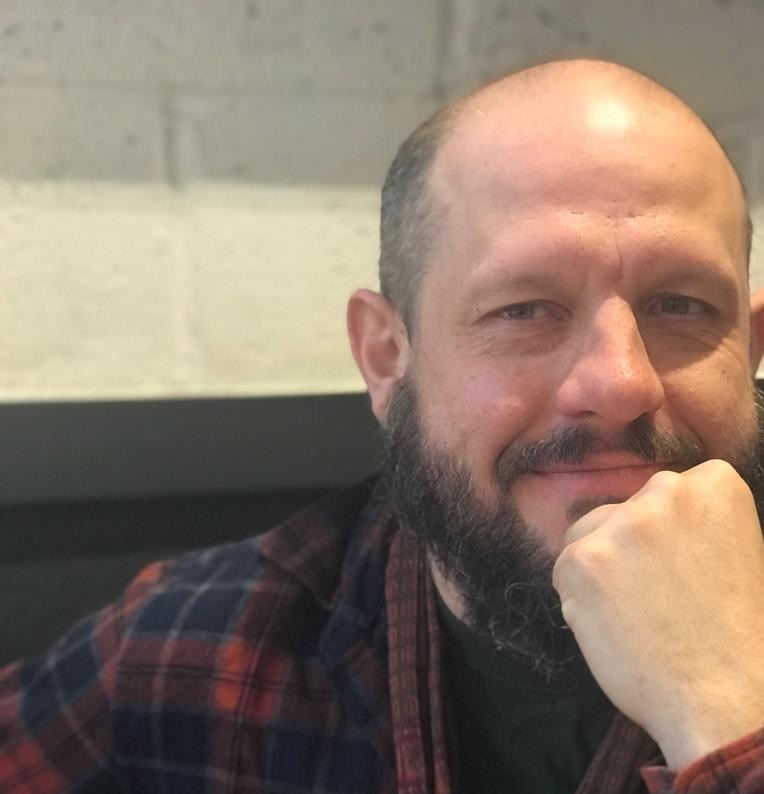Figures in a Landscape
Remember when the country offered a pathway to freedom? The creek lanes and brooks and railway arches, spaces we filled with imagination and talk. Often talk. Abroad along the edges of wheat fields and rural car parks, any escape from our essentially loving households, where indulgence stuck to us like burrs. Sites for cigarettes, or cheap whisky tasting of copper and blood, amongst denuded trees, hairy and stark against the lucid cloud. Or the wilder nights, to hallucinate an ocean in place of a sky, a volcano in a sunrise, the fine phantasmagoria of a storm rupturing high summer. Now, secluded from nature in a series of white rooms, I miss those days of geographical immanence. Trying to outline the wonder of bright moonlight hotwired into a vortex of oak branches, lotus eaters with summer jobs. The frozen lake we dared each other to cross in the height of midwinter, only to flinch at that hotheaded recklessness years past, years gone, the water running free and wild, the evenings adrift in the pine forest, the cedar perfume I smell on Christmas trees, or trace in the synthetic sweetness of the sullen sweet air fresheners of my imprisonment and doom.
Two Days in the Valley
Cinema is a kind of drug, hypnotic, indispensable, filling the gaps in our lives. I still recall the trip I made to another town, to watch some snarky interplay of genres: the wisecracks psychopaths, the charms of Reseda, the kind of film the French might regard, for its perfect Americana. I was desperate to flee the last British Sunday I remember, still at home starting work, childhood edging into a grudging responsibility, as I emerged from a long dream of freedom: lovelorn, hopeless, miserable even to myself. For two hours I dreamed beyond that futile autumn, far beyond the walkways of a new town multiplex the smell of popcorn grease, the long knives of rain water across a neglected car park the tangle of underpasses and roundabouts, magpies chanting sorrow and joy across the central divide. Later, as a man opposite listened to football scores on the train home, I wondered if a town that loses its cinema, loses its capacity to dream, and when I would stretch and wake towards the world.
Moscato
We met at work. A bottle shop in midwinter, where junkies filched preserved cherries, and our prodigal years went to die pickled in spoiled wine. We aged inside those walls, learning bookkeeping and larceny, while Camden Town sank into the cold. He was a prince on the minimum wage. An actor’s poise. I'd heard the story: how he’d charmed himself into the house of a famous journalist to cook roast peppers served with Zinfandel, and lectured on the grape’s journey from Croatia across the heel of Italy. His favourite wine was a dirt-cheap Moscato pale, light and slightly spritzed. ‘The only wine that tastes of grapes,’ he told me. ‘You can drink it at any time of the day.’ On the night he left, we necked Albarino from the bottle, as he told me of his novelist father, and the only time I ever saw him lose that insouciance was when he warned me about the cost of these ventures, how they grew rancid, spoiled. Later, back in the old place, I knew what he meant. He was my first customer, and, of course, he was buying Moscato. He laughed, threw his arms around me, drunk on our failure, the long joke of those years.
